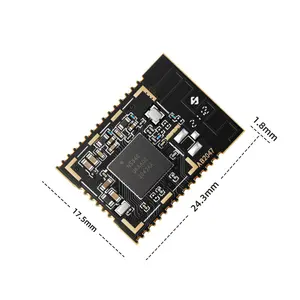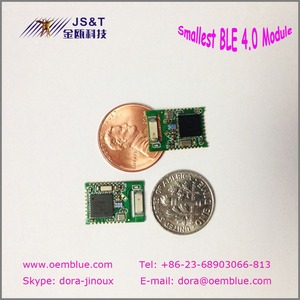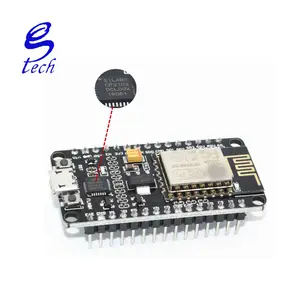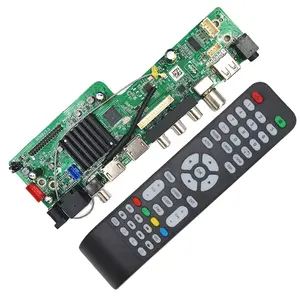Popular in your industry


























































































































































































Top categories
About ble receiver
Understanding BLE Receiver Technology
Bluetooth Low Energy (BLE) technology has revolutionized wireless communication, offering a power-efficient alternative to traditional Bluetooth. A BLE receiver is a pivotal component in this ecosystem, enabling devices to receive data from BLE-enabled transmitters. This introduction delves into the intricacies of BLE receivers, their types, applications, and the materials that make up these sophisticated devices.
Types of BLE Receivers
The market offers a variety of BLE receivers, each designed to cater to specific applications. For instance, a Bluetooth LE receiver is optimized for low-energy consumption, making it ideal for battery-powered applications. On the other hand, a BLE beacon receiver is tailored to interact with BLE beacons for location-based services. For hobbyists and developers, a Raspberry Pi Bluetooth beacon receiver can be integrated into DIY projects, enabling the Raspberry Pi to communicate with BLE beacons.
Applications of BLE Receivers
BLE receivers are employed in a multitude of applications, ranging from personal fitness devices that track health metrics to smart homes where they facilitate the control of lighting and temperature. In industrial settings, a Bluetooth beacon receiver is often used for asset tracking and warehouse management, enhancing operational efficiency.
Features and Advantages of BLE Receivers
BLE receivers are renowned for their low power consumption, which extends the battery life of devices. They also boast a simplified pairing process and robust security protocols. The versatility of BLE receivers allows for seamless integration into various products, enhancing user experience with minimal energy requirements.
Materials and Design
The construction of BLE receivers involves high-quality materials that ensure durability and consistent performance. Manufacturers utilize advanced circuitry and microchips to maintain the compact size of the receivers while optimizing their functionality.
Choosing the Right BLE Receiver
Selecting the appropriate BLE receiver requires consideration of the device's compatibility, range, and the specific use case it is intended for. While Alibaba.com hosts a vast array of suppliers offering these devices, it is crucial to assess the specifications of each BLE receiver to ensure it meets the required criteria for the intended application.





















































